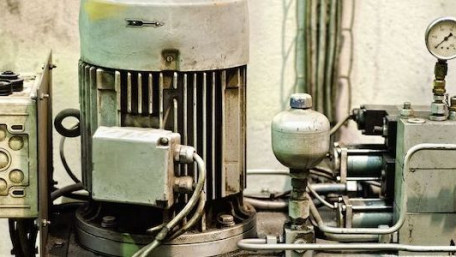
Trip classes protect motors from overcurrent, but when will an overload relay trip, why, and what trip class should you use?
Trip classes protect motors from overcurrent, but when will an overload relay trip, why, and what trip class should you use?
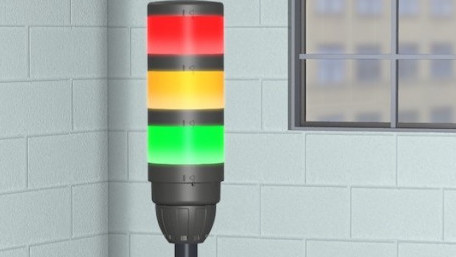
Each machine on the factory floor comes with risk; learn common safety risks and corresponding automation solutions.
Each machine on the factory floor comes with risk; learn common safety risks and corresponding automation solutions.
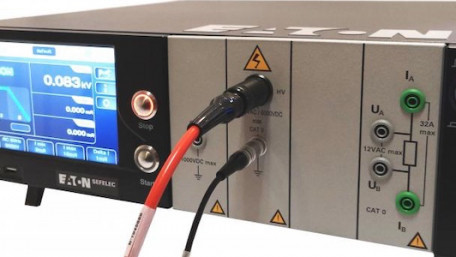
A previous article mentions various electrical units used in troubleshooting techniques. This article expands on those…
A previous article mentions various electrical units used in troubleshooting techniques. This article expands on those and discusses some additional units that engineers may need to know.
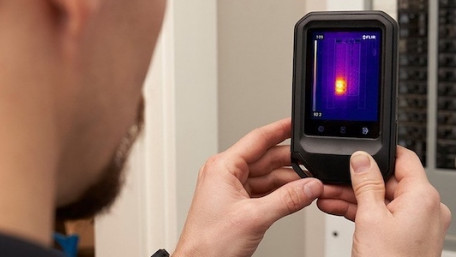
In industrial control, it is crucial to have a basic understanding of the units that define and describe the ratings of…
In industrial control, it is crucial to have a basic understanding of the units that define and describe the ratings of components.
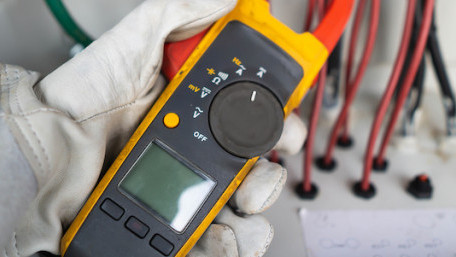
From plant management to tuning your control system, there are a few specific math concepts you may need to know.
From plant management to tuning your control system, there are a few specific math concepts you may need to know.
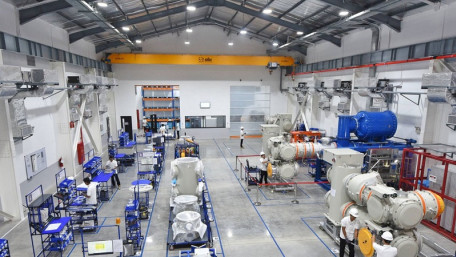
Learn about how the ground compares and contrasts with the neutral wire and why this wiring is important for safety in…
Learn about how the ground compares and contrasts with the neutral wire and why this wiring is important for safety in control cabinets and other wiring needs in an industrial facility.
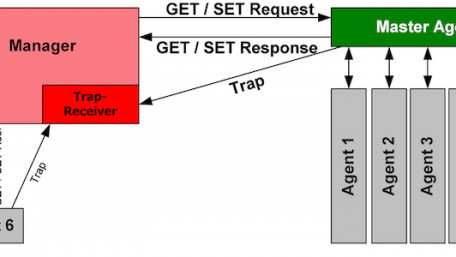
This article discusses common implementations of UPS in control systems and important design considerations.
This article discusses common implementations of UPS in control systems and important design considerations.
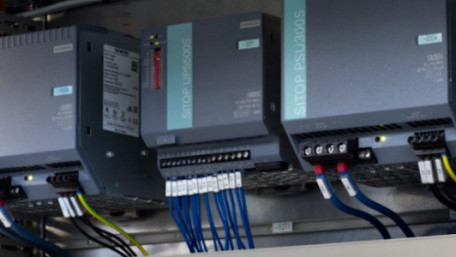
Learn about some common implementation strategies of UPS in control systems and important design considerations.
Learn about some common implementation strategies of UPS in control systems and important design considerations.
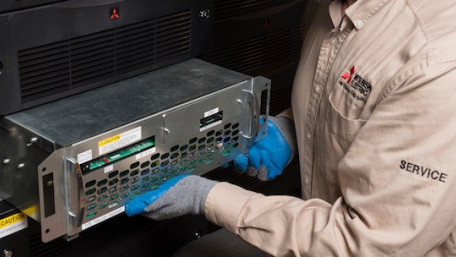
Learn the general functionalities and different types of uninterruptible power supplies (UPS) and why they are important…
Learn the general functionalities and different types of uninterruptible power supplies (UPS) and why they are important in control systems.
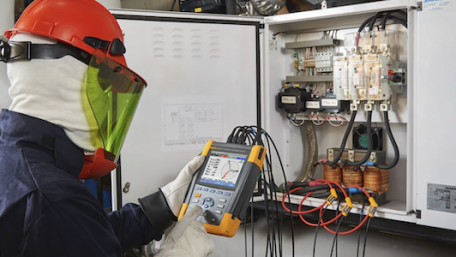
Learn about the importance of wiring in 3-phase systems and how to complete this wiring in various industrial scenarios…
Learn about the importance of wiring in 3-phase systems and how to complete this wiring in various industrial scenarios and control cabinets.
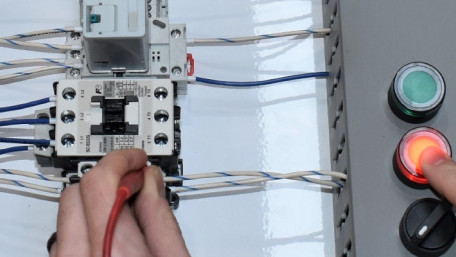
This article looks at a few of the more advanced motor control circuits for a three-phase motor.
This article looks at a few of the more advanced motor control circuits for a three-phase motor.
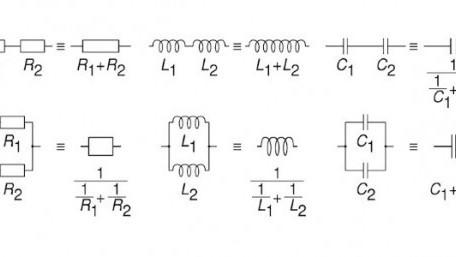
Learn to discern between textbook and real-life scenarios and use consistent troubleshooting methods to simplify and…
Learn to discern between textbook and real-life scenarios and use consistent troubleshooting methods to simplify and correct errors in parallel circuits common in industrial control systems.
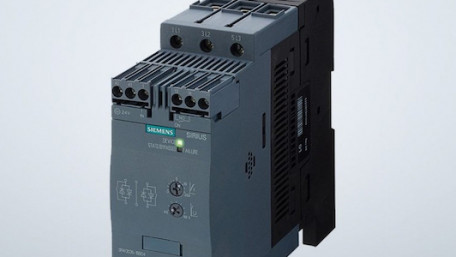
The following will examine how to reduce the wear on motors during startup and compare soft starters and variable…
The following will examine how to reduce the wear on motors during startup and compare soft starters and variable frequency drives (VFDs).
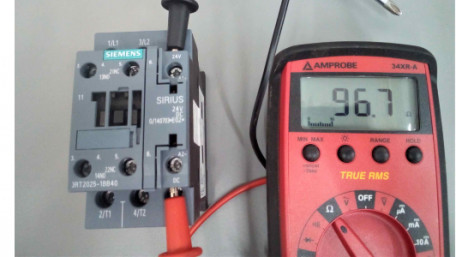
When the power is removed to a circuit, the common measurements of voltage and current prove meaningless. The only…
When the power is removed to a circuit, the common measurements of voltage and current prove meaningless. The only remaining option is to use resistance testing to determine which components and conductors are working.
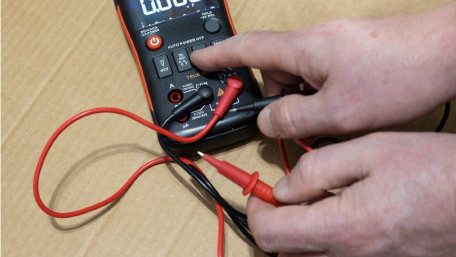
This article will examine and discuss how to measure current with a multimeter, using the standard in-line current…
This article will examine and discuss how to measure current with a multimeter, using the standard in-line current measuring method.
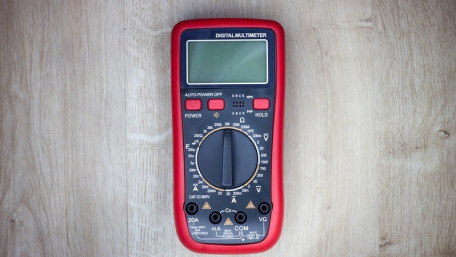
Simple voltage measurements from a multimeter are the most frequently used function in these tools. Some of them are more…
Simple voltage measurements from a multimeter are the most frequently used function in these tools. Some of them are more difficult to understand than others, and this is definitely the case when comparing AC to DC voltage.
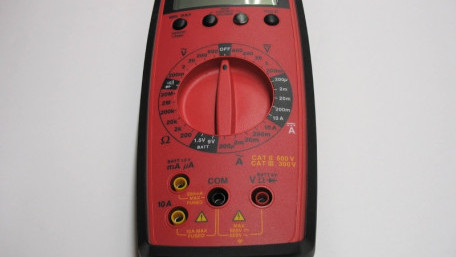
The simplest and most common measurement to obtain using a multimeter is voltage, in fact, they are often called…
The simplest and most common measurement to obtain using a multimeter is voltage, in fact, they are often called ‘voltmeters’ for this reason.
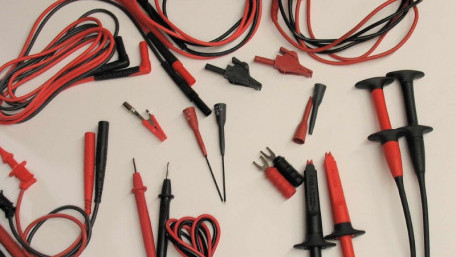
Most every engineer knows that there is no replacement for having the correct tool. This is especially important in…
Most every engineer knows that there is no replacement for having the correct tool. This is especially important in testing and repair when every subtle characteristic of the tool may influence the readings.
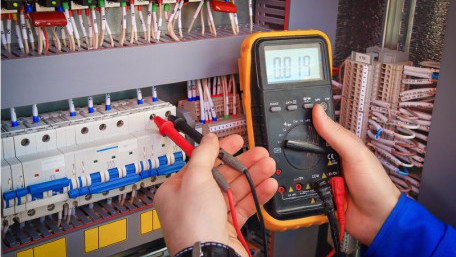
The voltmeter, or more often the multimeter, is an incredible tool, capable of troubleshooting nearly every electrical…
The voltmeter, or more often the multimeter, is an incredible tool, capable of troubleshooting nearly every electrical system and fault in existence.
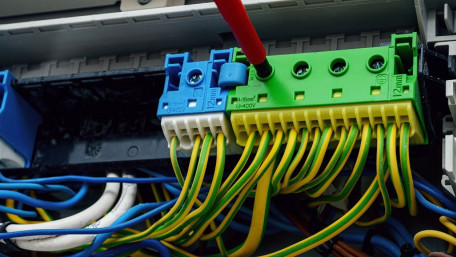
Should you connect a DC power supply to ground or not? The answer is not a straightforward yes or no. This article…
Should you connect a DC power supply to ground or not? The answer is not a straightforward yes or no. This article explores the benefits and drawbacks of grounding DC power supplies.
